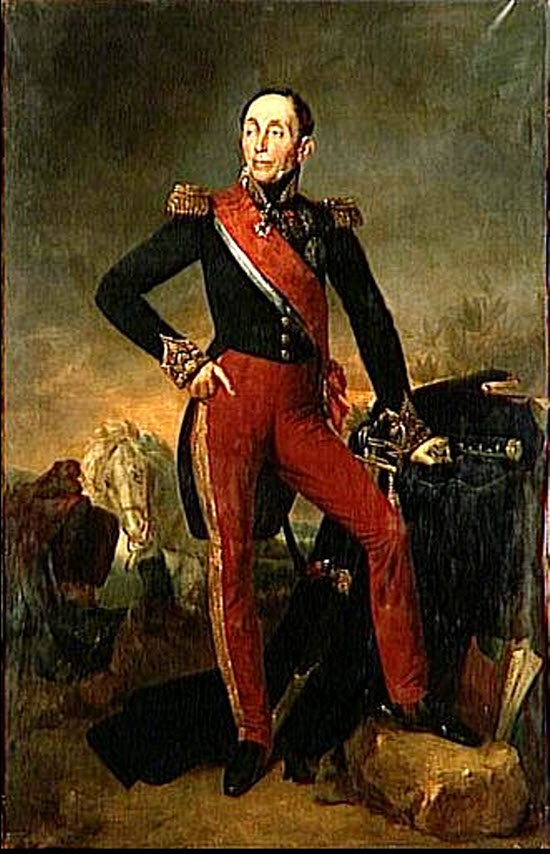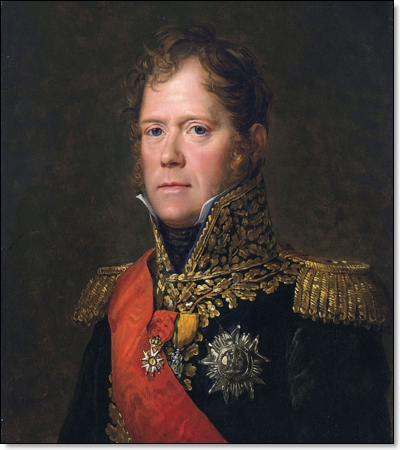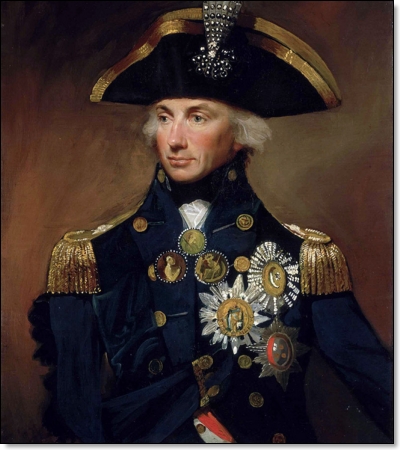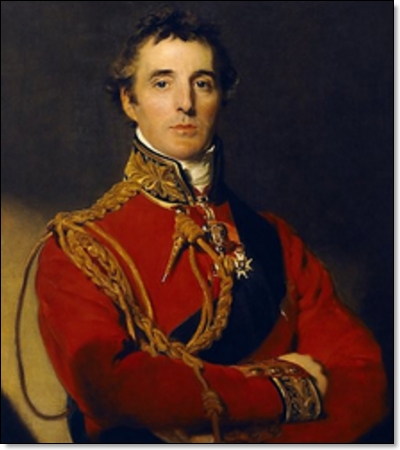Emmanuel de Grouchy, Marquis de Grouchy
A Brave General Is Blamed for Napoleon's Waterloo
GROUCHY (groo-shee), Emmanuel, Marquis of, general, born in Paris, France, Oct. 23, 1766; died in Saint Etienne, May 29, 1847. At the age of fourteen years he entered the army. When the Revolution broke out he was made colonel of cavalry, and distinguished himself by assisting in suppressing the revolt in La Vendee. Despite his services to the Revolution, Grouchy was afterwards deprived of his rank because of the Revolution's purge of all officers of noble birth. However he was soon after allowed to return to active service and in 1798 he fought under Moreau in Italy, where he was taken prisoner, but was exchanged the following year.
When Napoleon seized power in a coup, Grouchy spoke out against it, but was nevertheless employed Napoleon as a general. Grouchy fought successfully at Hohenlinden, Eylau, Friedland, and Wagram, and was in command of Napoleon’s bodyguard during the retreat from Moscow.
When Napoleon abdicated and was exiled to Elba, Grouchy was stripped of his rank and command by the new king. When Napoleon escaped and returned to France, Grouchy was one of the officers who rallied to his cause. After the return of Napoleon from Elba, he was made marshal of France, and commanded an army corp during Napoleon's restoration. Grouchy defeated the Prussian forces at the battle of Ligny, just before the battle of Waterloo. The Prussians under Blucher then redeployed to Waterloo and their arrival turned the tide against the French, and resulted in a rout of Napoleon's forces. He then commanded an army corp during the defence of France and was severely wounded while on active service.
Grouchy was severely criticized for complying strictly with the orders of Napoleon directing him not to march to Waterloo, hence he was absent from that battle and was held indirectly responsible for Napoleon’s defeat. The question of what would have happened if Grouchy had marched to Napoleon's aid at Waterloo is one of history's what ifs.
He was banished after Napoleon’s second abdication, came to America, and for six years resided in Philadelphia. A royal ordinance in 1821 permitted his return to France, and in 1832 he was created peer with the title of marshal.


.jpg)
